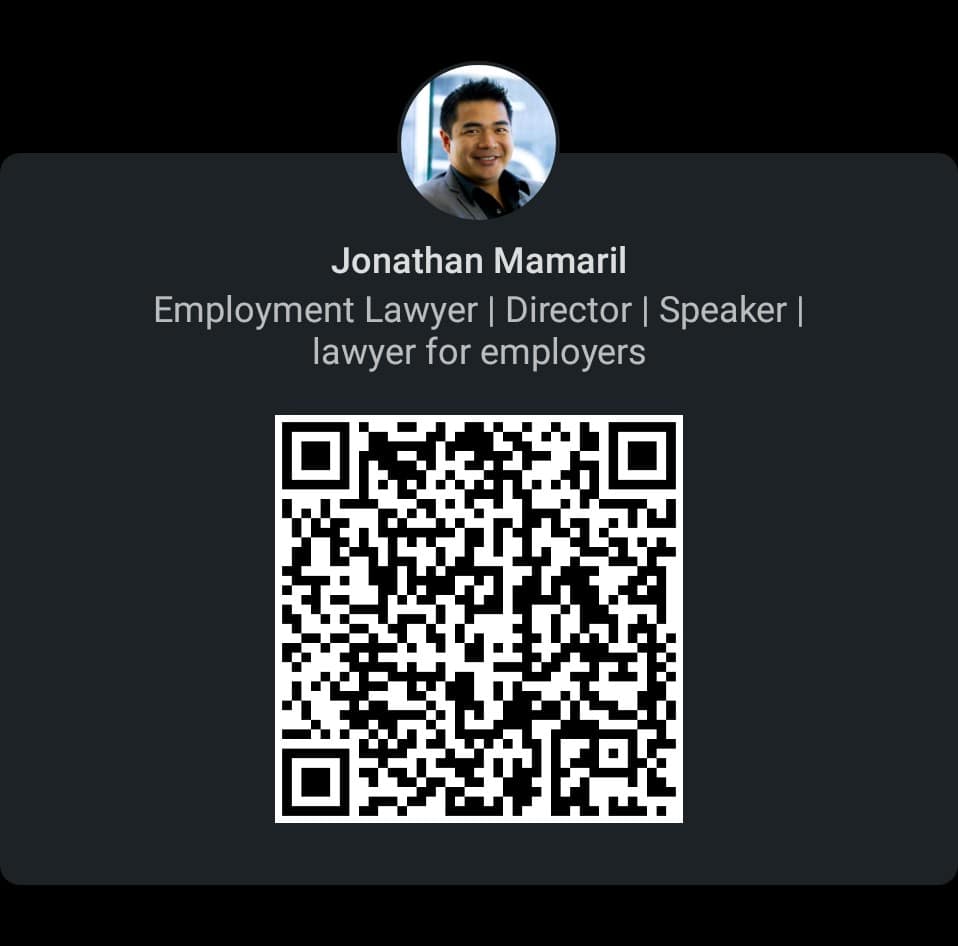As we start to come “back into the office”, understand the practical and financial impact of pandemic, COVID-19 and vaccinations and begin either a restart of business progress or a continuation of growth the issue of people and performance management has become ever more increasingly important.
A number of organisations have been in contact with NB Employment Law to ask questions around performance management, dealing with difficult staff changes and the understanding of their risk and liability.
Here are some tips for all People Managers and Human Resources to consider:
Tip 1 – Performance Management Training
Some companies have seen a spike in productivity and others have seen productivity limited. It is important to understand the unique problems that have compounded poor performance management.
A number of cases have succeeded against Employers due to poor performance management by managers and supervisors. This has led to success in:
- Unfair dismissal claims
- General protections claims
- Discrimination disputes
- Workers compensation claims
A focus on performance management training should be major facet of all training sessions whether this is done face to face or virtually. Performance Management training from an Employment Lawyer like the team at NB Employment Law is unique because there is a focus not just on the process (which is important) but also the potential results if not done right (which is integral). Here are some quick pointers:
- Ensure there is a performance management policy and update as needed
- Understand the consequences. For managers and supervisors they need to understand what poor performance management can actually lead to – yes there is liability for the company but also personal liability (accessorial liability) – case studies are a good way to demonstrate this.
- Consider external training potentially from a specialist employment law firm as they may be able to demonstrate the seriousness much more easily to managers and supervisors (and even board members and executive teams).
Tip 2 – Difficult Conversations require understanding and nuance
It is completely understandable for many managers and supervisors to ignore difficult conversations. It takes time and energy and it is so much easier to delay the conversations and ignore the problems. As lawyers for employers we see everyday what delaying the conversations eventually become they can manifest into serious problems including but not limited to Workers compensation claims for ill health and absenteeism, workplace bullying claims and even general protections matters.
One way to ensure this is a much easier process is to be prepared.
This can be slightly different depending on the type of conversation. If it is a performance issue, ensure you have written down in detail the issues you wish to discuss, make note of any breaches or what the effect of the underperformance has on the workplace and other staff and ensure you understand any legal obligations you may be under. There may well be policies that set out both your rights and obligations as well as an employee in regards to performance based and conduct based discussions such as a performance management policy or code of conduct. It is also worth checking employment contracts and certified agreements (if any).
Tip 3 – Understand Reasonable Management Action
There is an express acknowledgement by the Fair Work Commission that steps need to be taken to ensure a business runs effectively and productivity continues.
There must be some line of cause and effect between conduct, behaviour and performance of an employee with the relevant management action and the management action taken is a reasonable and proportionate response.
Some examples of reasonable management action include:
- Providing constructive feedback on performance
- Informing a worker about work that is unsatisfactory
- Letting an employee know about behaviour that is inappropriate workplace behaviour
- Allocating work to an employee and controlling and directing how it needs to be carried out
- Placing an employee on a performance improvement plan
- Modifying an employee’s duties
- Redeploying an employee
- Expecting employees to obtain workplace goals and maintain workplace standards
- Requesting an independent medical examination for an employee to assess whether they’re physically fit to fulfil the requirements of the role
It is quite clear that the Fair Work Commission will give managers and supervisors rope to consider reasonable action taken. However, embarrassing, belittling behaviour and a lack of adherence to procedural fairness and natural justice will be frowned upon and even to the extent of considering it bullying behaviour.
It can also lead to claims in:
- Discrimination
- Human rights complaints
- General protections claims
- Unfair dismissal claims
- Constructive dismissal
- Workplace health and safety breaches
- Workplace bullying
Training and education for managers managing people is integral more than ever.
Need some help with performance management in your organisation? Give NB Employment Law a call and we can offer an obligation free consultation. Reach out via [email protected] or +61 (07) 3067 6062 to book an appointment.
If you got value out of this article email [email protected] or click on this link to subscribe to our value added newsletter.
Written By
Director

Jonathan Mamaril leads a team of handpicked experts in the areas of employment law and commercial law who focus on educating clients to avoid headaches, provide advice on issues before they fester and when action needs to be taken and there is a problem mitigate risk and liability. With a core value of helping first and providing practical advice, Jonathan is a sought after advisor to a number of Employers and as a speaker for forums and seminars where his expertise is invaluable as a leader in this area as a lawyer for employers.


